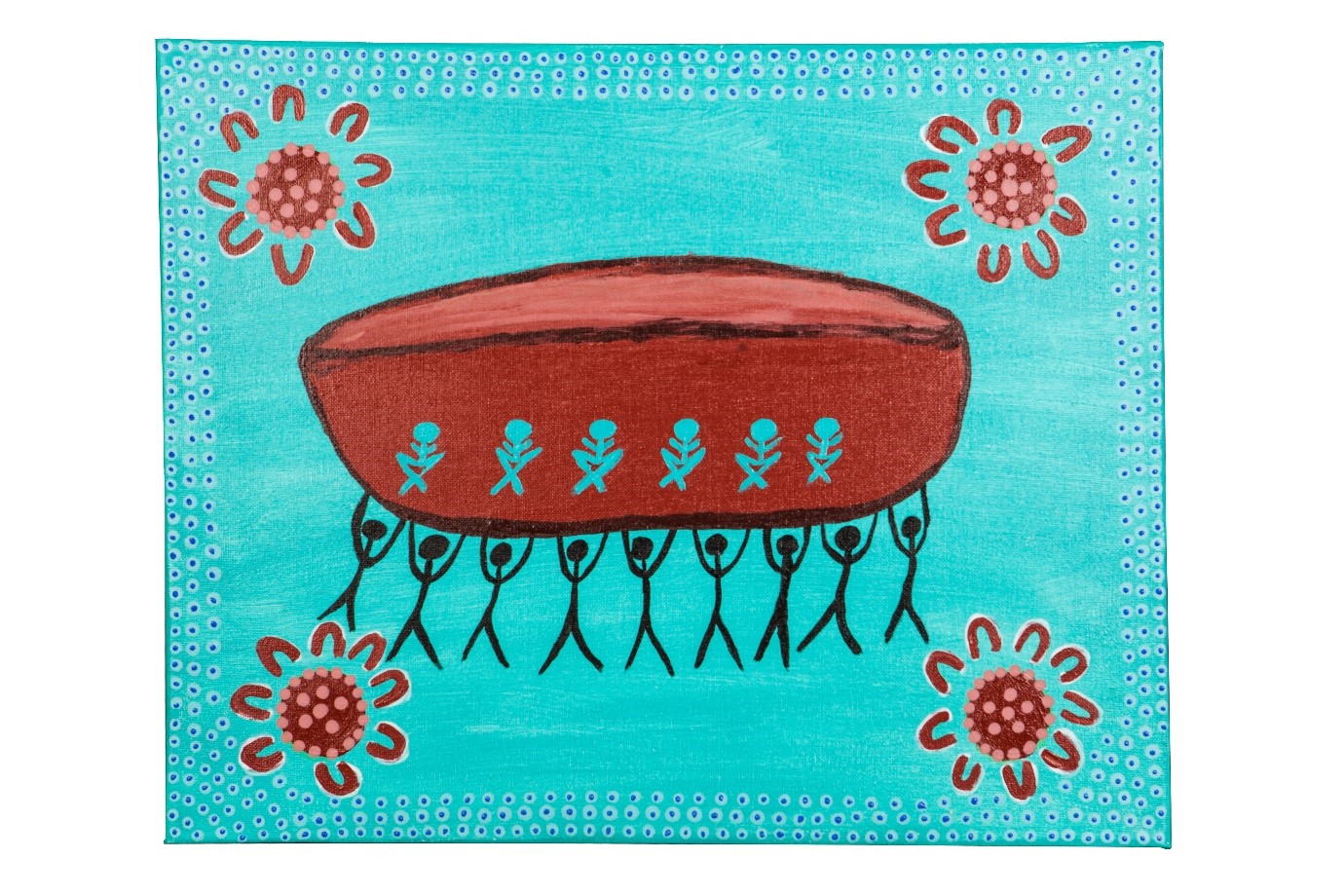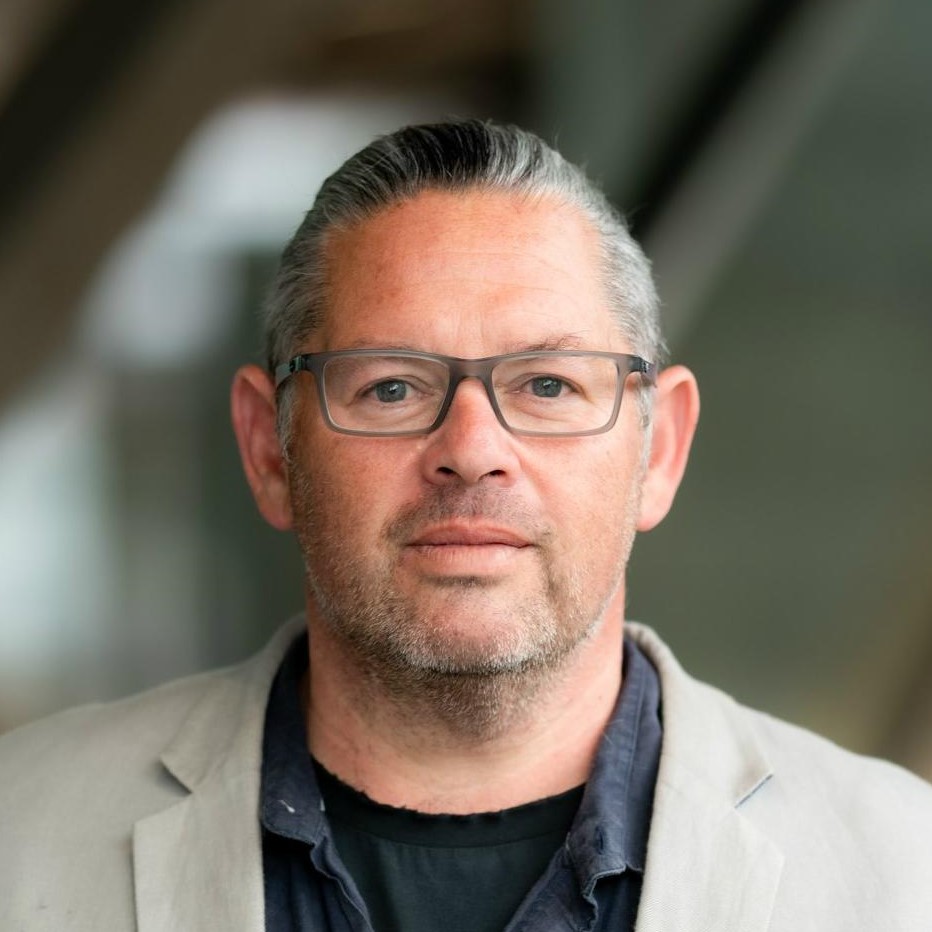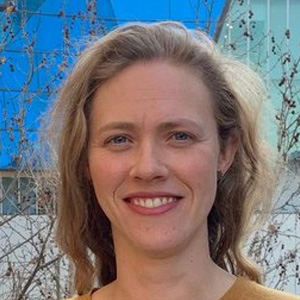Search
Research
Diverging trends for lower respiratory infections in non-Aboriginal and Aboriginal childrenTo investigate temporal trends in admission rates for acute lower respiratory infections (ALRI) in a total population birth cohort of non-Aboriginal and...
Research
Interpretation of recent sudden infant death syndrome rates in Western AustraliaData for recent years show a shift away from a classification of 'SIDS' towards a classification of 'unascertainable', particularly for Aboriginal infants.

Research
Ngulluk Koolunga Ngulluk Koort (Our Children, Our Heart) ProgramBrings the Aboriginal community(s) of Perth together with service providers & policy makers to improve outcomes for Aboriginal kids and their families.


As Head of Aboriginal Research Development at Telethon Kids, Glenn Pearson believes his work brings us closer to identifying the real and whole Australian story
Research
Review of Fetal Alcohol Spectrum Disorder (FASD) among Aboriginal and Torres Strait Islander peopleFetal Alcohol Spectrum Disorder (FASD) is a preventable, lifelong disability that disproportionately affects Aboriginal and Torres Strait Islander people. This review provides a comprehensive synthesis of the available information on FASD among Aboriginal and Torres Strait Islander people, with reference to the limitations on population-based data and evaluated programs.
Research
An update on the burden of group A streptococcal diseases in Australia and vaccine developmentAsha Jeffrey Bowen Cannon BA MBBS DCH FRACP PhD GAICD FAHMS OAM BSc(Hons) BBus PhD Head, Healthy Skin and ARF Prevention Health Economist
Research
Increasing incidence of invasive group A streptococcal disease in Western Australia, particularly among Indigenous peopleThe incidence of invasive GAS disease in WA increased between 2000 and 2018, particularly among Indigenous Australians. Mandatory notification of invasive GAS disease would therefore be appropriate. The social determinants of differences in incidence should be addressed, and other relevant host, pathogen, and health system factors investigated.
Research
Rheumatic heart disease in Indigenous young peoplesIndigenous children and young peoples live with an inequitable burden of acute rheumatic fever and rheumatic heart disease. In this Review, we focus on the epidemiological burden and lived experience of these conditions for Indigenous young peoples in Australia, New Zealand, and Canada. We outline the direct and indirect drivers of rheumatic heart disease risk and their mitigation.
